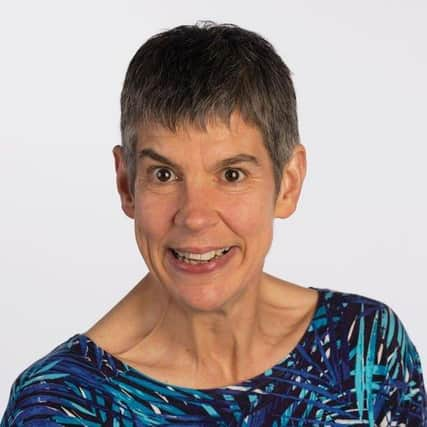New course tackles barriers faced by disabled learners


The MSc in Educational Assistive Technology within the University’s School of Science and Engineering will train individuals how to implement and support the use of technology within education to enable students with a broad range of learning difficulties and/or physical disabilities access curriculum.
Assistive Technology (AT) is designed to ensure students are able to access and participate fully in education, employment, entertainment and the wider environment as independently as possible.
Advertisement
Hide AdAdvertisement
Hide AdDifferent tools can be used to support students with high incidence, lower impact disabilities (for example, dyslexia, dyspraxia) through to low incidence, higher impact disabilities (for example, cerebral palsy, autism).
The new course, which will launch early next year, aims to enhance the support to students who require AT by establishing the role of an Educational Assistive Technologist to ensure that technologies are deployed and supported across the service provision for learners.
“This Masters degree has been developed to address a global need for the professionalisation of the ‘Assistive Technologist’ role within all levels of education provision”, said programme director Professor Annalu Waller.
“Despite the potential of AT to enable children and young people with complex physical, learning and communication impairments to access education, this technology is seldom adopted and often abandoned.
Advertisement
Hide AdAdvertisement
Hide Ad“This programme will ensure that skills, knowledge and working methodology are gained by Educational Assistive Technologists that are not typically taught in other programmes. Currently these skills are developed through many years of practice in AT-mature organisations.
“Educational Assistive Technologists will have the skills needed to harness and adapt AT to enable learners to access the curriculum in ways that suit them.”
The programme is primarily aimed toward teachers, therapists and technologists who are seeking to develop and enhance their ability to support learners who require AT. Course participants already working in an AT environment will compliment theoretical learning with projects within their workplace.
Comment Guidelines
National World encourages reader discussion on our stories. User feedback, insights and back-and-forth exchanges add a rich layer of context to reporting. Please review our Community Guidelines before commenting.